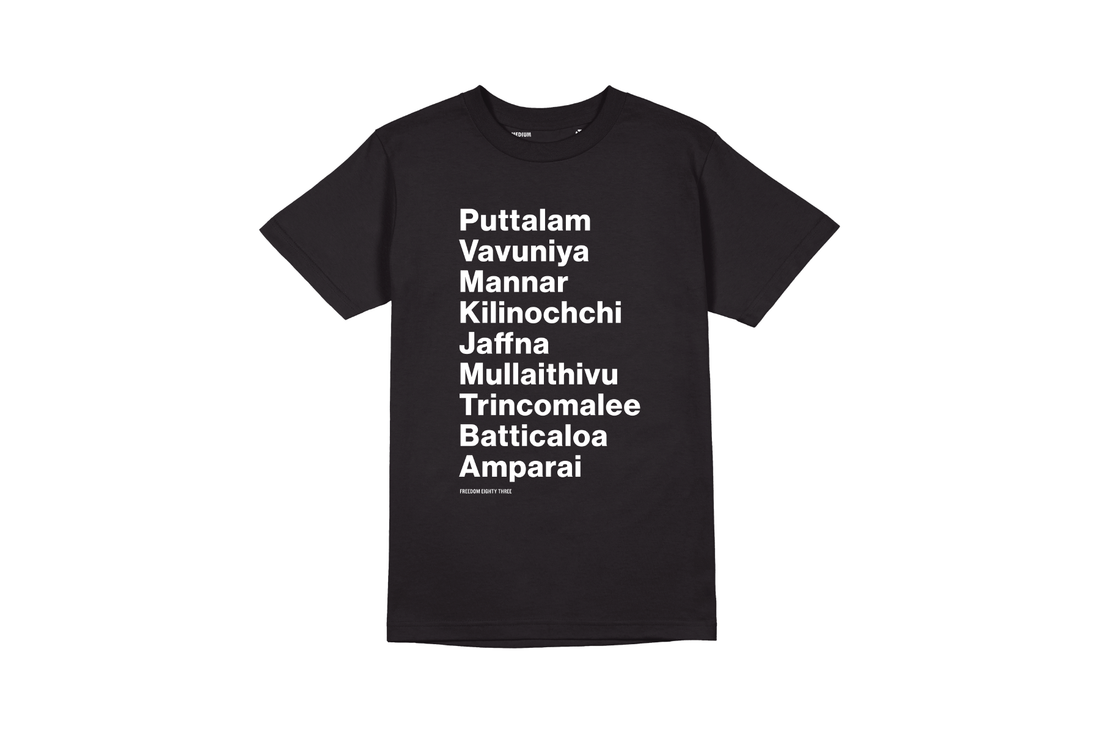
Why do tamil people want the Northern Provinces (Tamil Eelam) of Sri Lanka?
Share
The discrimination and marginalization faced by Tamil people in Sri Lanka's northern provinces date back to the country's colonial period. During the British colonial rule in Sri Lanka, Tamil people were favoured for administrative positions and educational opportunities, leading to resentment from the majority Sinhalese population. After Sri Lanka gained independence in 1948, Sinhalese leaders implemented policies that marginalized Tamil people, including language policies that made Sinhala the official language and suppressed the use of Tamil in education and government.
In 1983, tensions between the Tamil minority and the Sinhalese majority erupted into a civil war, which lasted for over 25 years and led to the deaths of an estimated 100,000 people. The Sri Lankan military, predominantly composed of Sinhalese, was accused of committing numerous human rights abuses against Tamil civilians, including extrajudicial killings, enforced disappearances, and sexual violence.
Following the end of the civil war in 2009, the Sri Lankan government has been accused of continuing to marginalize and discriminate against Tamil people. Tamil political parties and civil society organizations have reported that Tamil people are disproportionately targeted by the security forces, including through surveillance, arbitrary detention, and torture. Tamil people also face economic discrimination, with limited access to job opportunities and resources, and their traditional lands and livelihoods have been threatened by large-scale development projects.
As a result of these ongoing grievances, some Tamil people in Sri Lanka believe that greater autonomy or even independence for the northern provinces would be necessary to protect their cultural identity, secure their rights, and improve their quality of life. They argue that the central government has consistently failed to address their demands and that Tamil people should have greater control over their own affairs to ensure their interests are represented.
However, it is important to note that not all Tamil people in Sri Lanka necessarily support separatism or greater autonomy for the northern provinces. Some advocate for a more peaceful and cooperative approach to addressing the issues facing Tamil people in Sri Lanka, including through negotiations and dialogue with the central government. In recent years, there have been some efforts to address the root causes of the conflict and promote reconciliation, including through the establishment of a transitional justice process and the development of policies aimed at addressing the concerns of Tamil people.
